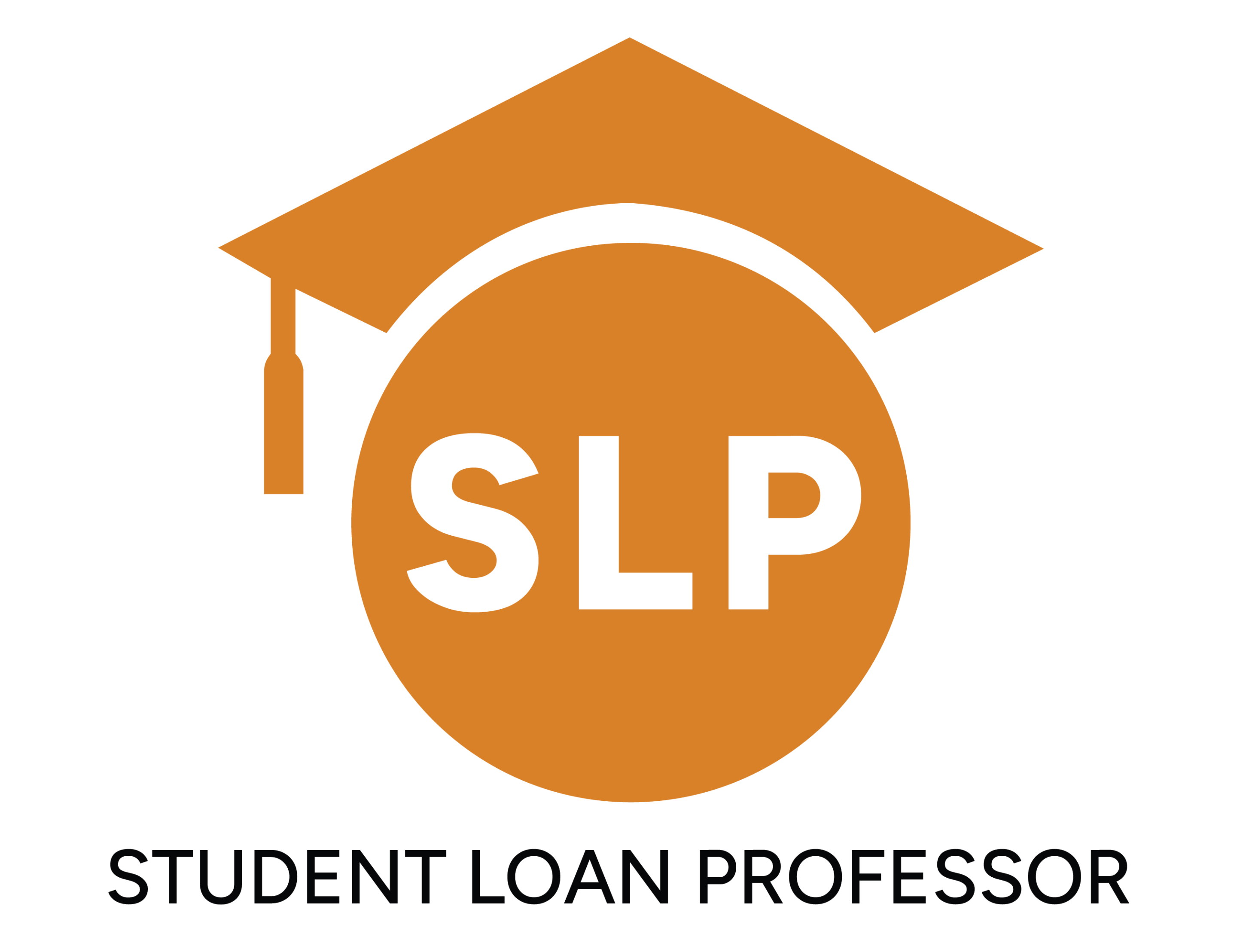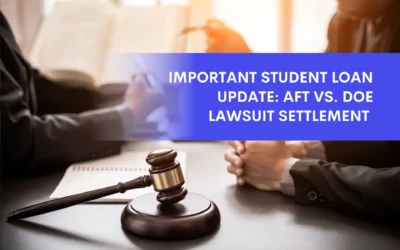Empowering Yourself: What to Do When Your Loan Servicer Stonewalls You
The U.S. Department of Education recently rebranded its Student Loan Ombudsman as the Office of Consumer Education and Ombudsman. This move is intended to expand its mission beyond dispute resolution to borrower empowerment.
But here’s the catch: the office is still buried under a backlog of more than 27,000 unresolved complaints. Many borrowers report never hearing back. Staffing cuts and clunky complaint systems haven’t helped.
If you’re still waiting for answers, don’t lose hope: the Ombudsman isn’t your only path forward. Here’s what you can do.
Step-by-Step Action Plan
- 1. Contact Your Loan Servicer…Again: Front-line reps often read from scripts. If they can’t help, ask for a supervisor. Supervisors tend to have more discretion and can sometimes resolve issues on the spot. We generally find them to be more practical and understanding of the situation if you speak to them respectfully.
- 2. Work With an Advocate: If escalation stalls, bring in an expert. We often join borrowers on three-way calls. Our ability to speak the student loan language, cite regulations, program rules, and successful precedents, often helps us achieve the desired outcome. After over a decade, we’ve developed the tools to break through the bureaucracy.
- Annual subscribers: advocacy services are already included.
- Non-subscribers: available by consultation.
- 3. Reach Out to Consumer Advocacy Offices: Most servicers have internal “customer advocate” teams which specialize in resolving complaints. The problem is they can be difficult to get in touch with . Note that some of the ones listed below only provide a mailing address. But when you’re on the phone, try telling the supervisor that you are going to seek legal action unless they can escalate you further up the chain right now. We’ve found that this tactic can often get you to the advocacy team.
- Mohela: Customer Advocacy Specialist: 636-733-3700, x3631 or email richardj@mohela.com. Upload docs via your online account.
- Aidvantage: Office of the Customer Advocate: P.O. Box 9600, Wilkes-Barre, PA 18773-9600.
- Nelnet: Escalations handled via Dept. of Education: ED-Nelnet Solutions Center, 121 S 13th Street, Lincoln, NE 68508.
- Edfinancial: No public advocate office; escalate through supervisors.
- 4. File a Complaint With the CFPB: The Consumer Financial Protection Bureau (CFPB) investigates complaints against federal and private loan servicers.
- Submit online: consumerfinance.gov/complaint
- Call: 1-855-411-CFPB (2372)
- 5. Contact Your State Ombudsman or Attorney General: Many states run their own student loan ombudsman programs, which can often deliver faster resolutions. If unavailable, your state Attorney General or consumer protection office can step in.
- 6. Seek Legal Advocacy: When all else fails, legal support can make the difference:
- Student Borrower Protection Center (SBPC): Advocacy, litigation, policy change.
- National Consumer Law Center (NCLC): Consumer protection leadership.
- The Institute of Student Loan Advisors (TISLA): Free, neutral, expert advice.
- National Association of Consumer Advocates (NACA): Connects borrowers with consumer attorneys.
The Bottom Line: You’re Not Alone
Student loan borrowers today face a maze of delays, shifting policies, and backlogged complaints. It’s easy to feel overwhelmed, but you have more power than you think.
By documenting every interaction, escalating when necessary, and tapping into state and federal advocacy channels, you can cut through the red tape.
Most importantly, remember: you don’t have to do this alone. Whether you turn to state ombudsmen, advocacy organizations, or our team, help is out there. Stay persistent, know your rights, and keep pushing forward until you get the relief you deserve.
Brandon Barfield is the President and Co-Founder of Student Loan Professor, and is nationally known as student loan expert for graduate health professions. Since 2011, Brandon has given hundreds of loan repayment presentations for schools, hospitals, and medical conferences across the country. With his diverse background in financial aid, financial planning and student loan advisory, Brandon has a broad understanding of the intricacies surrounding student loans, loan repayment strategies, and how they should be considered when graduates make other financial decisions.





